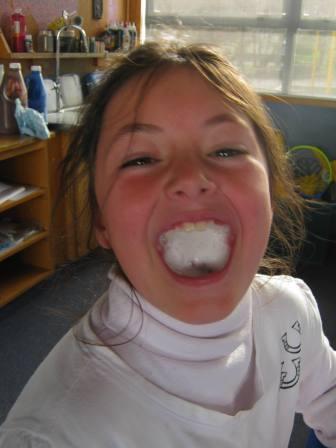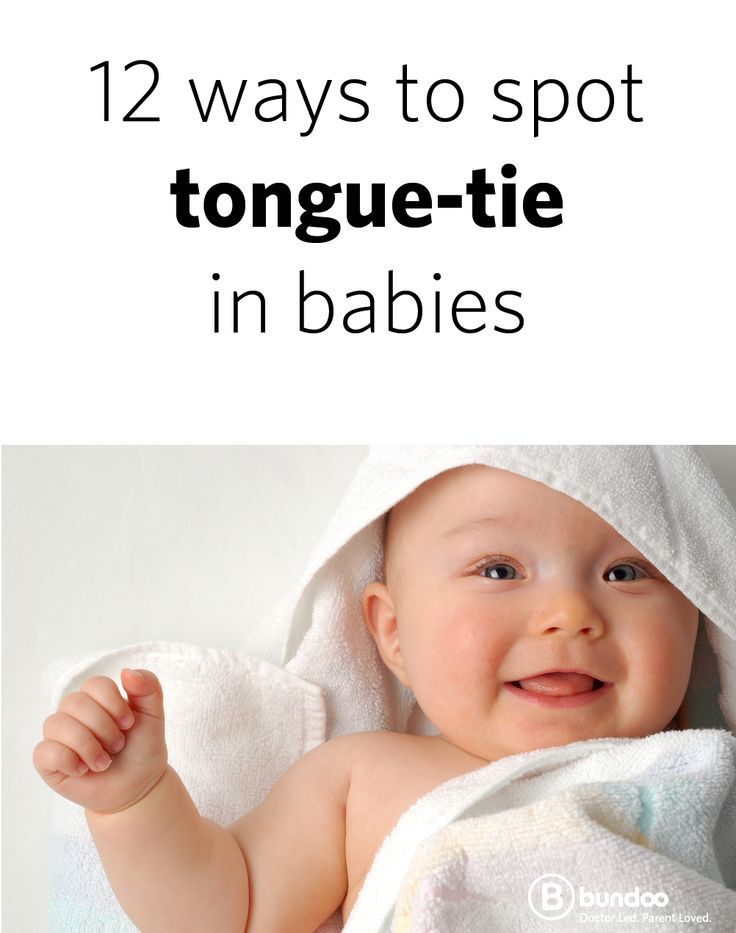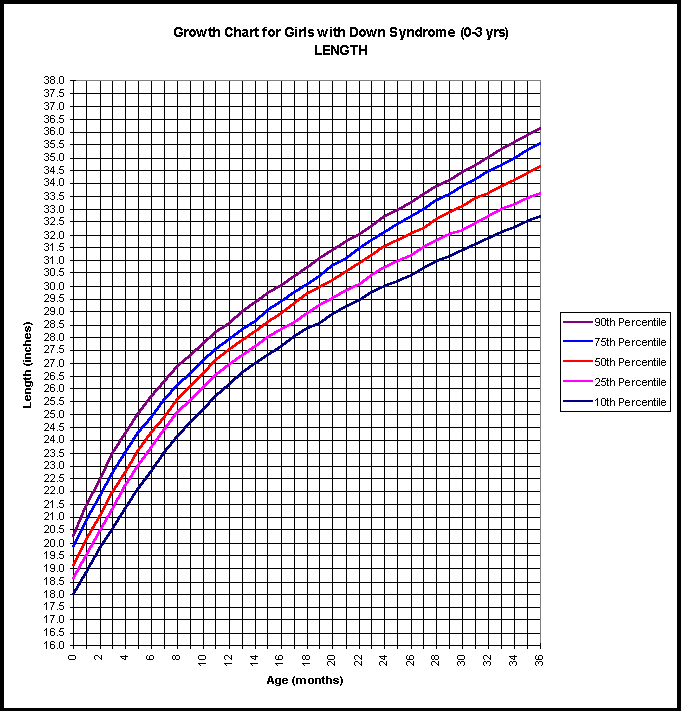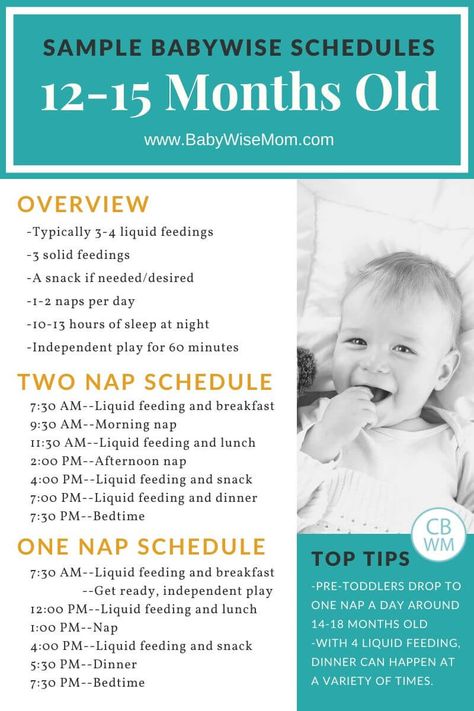Infant foaming at the mouth
Why Your Baby Foams at Mouth and How to Deal with It
It is always a cause of worry when you wake up at night and found your baby foaming at the mouth. In such situation the baby is not able to cry and breathe and appears distressed and trapped. It is an alarming scenario, which must have been experienced by many parents. Let’s get some insight into why your baby may foam at the mouth during sleep and other aspects of the situation.
Why Does My Baby Foam at the Mouth?
A lot of causes exist for this. It may be just that the baby is asleep and foam at their mouth saliva and air. But at other times breathing of the baby may appear to be constrained or fully blocked. In such cases, you should not panic. Incline your baby or prop them up. Many things can be done to ease their breathing depending on their current condition.
Following is a list of causes which can be used as reference, but it should not replace the advice of the doctor of your child.
1. Overfeeding
During each feeding, a newborn baby can consume only one or two fluid oz of milk. When you overfeed you will find your baby foaming at the mouth to expel the excess milk. Babies also swallow saliva while sleeping, and the saliva bubbles expel from the mouth of the baby and form foam.
You cannot measure overfeeding while breastfeeding, but check the time. For newborn babies, limit breastfeeding to 10 minutes on each breast. If your baby is not full or contented, you can repeat the feeding after a gap of 15 minutes. Make sure to feed them slowly.
In case you bottle feed your baby, choose the correct bottle. If the hole of nipple is very big, the flow of milk will be very fast and your baby may not be able to cope with it. More air will enter stomach than milk, which will result in gas formation and also foaming at mouth.
2. Failure to Burp Well
It is necessary to burp babies. When they are not burped well after feeding, it results in spitting of milk and baby foaming during sleep.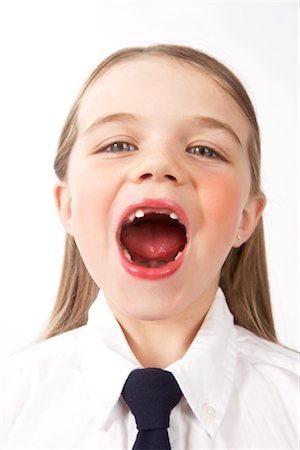
You can make your baby burp in a number of ways. The most common and popular among them is to make your baby face you and let their body lean onto you. Their head must lie in line of your shoulder and their stomach must press directly in your chest. You should massage their back and induce a burp.
You may also place the baby on their belly, the gas may expel due to the pressure on the stomach. Or moving their legs up and down in the bicycle movements may also induce a burp.
3. Amniotic Fluid
Sometimes, amniotic fluid may remain in the stomach of infants (newborn). They expel it by spitting it through their mouths. This situation generally clears by second or third post partum day. Keep calm and observe your baby after birth.
4. Reflux
In case your baby has acid reflux, they may spit more milk than babies normally do. Due to reflux the milk they ingest comes back and due to this you will found your baby foaming at the mouth.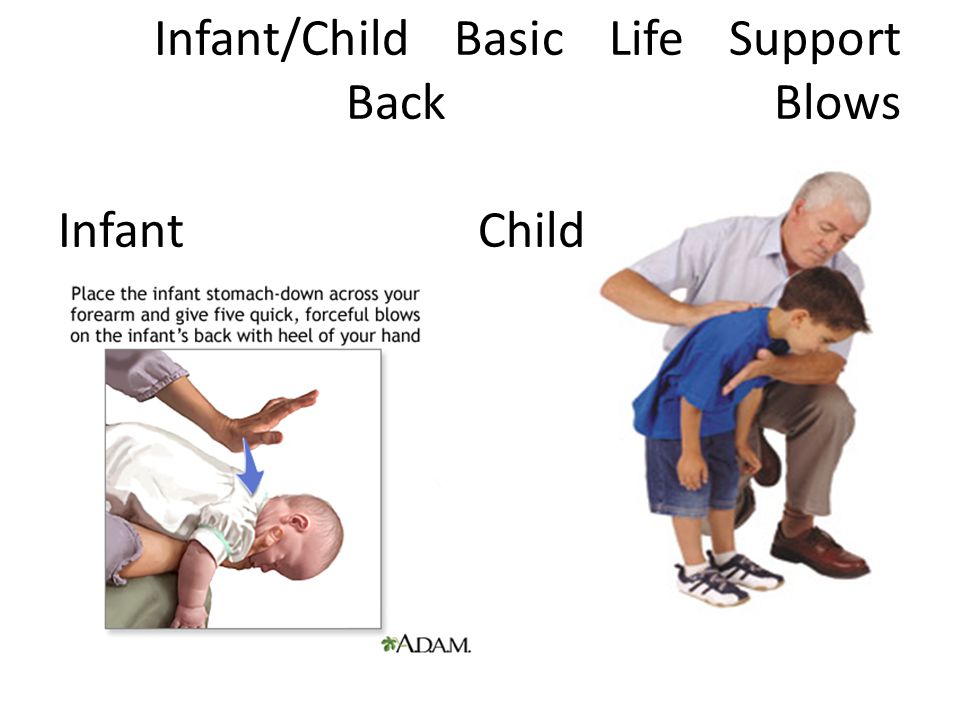
You should make your baby sleep on their side as sleeping on back raises the possibility of reflux. It also increases the risk of your baby getting choked with milk.
You can also make your baby sleep on an incline bassinet or bed to prevent foaming at the mouth. This posture will also reduce the reflux of stomach acid into the mouth of the baby. You can also gently rub the chest of the baby to soothe them if your baby is in distress.
5. Infection
Infections such as bronchiolitis and pneumonia may also produce symptoms of foaming at mouth during sleep in babies. The baby may appear fussy, sick and the temperature may be raised. They may have difficulty breathing. In such cases, contact your physician immediately.
When to Worry About Baby Foaming at the Mouth
A content and peaceful baby who is foaming at mouth during sleep should not be a cause for worry. However, following are the factors when you should seek immediate medical advice:
- If your baby is choking, crying, in distress or having other signs or symptoms of illness including listlessness and fever, then you should contact a physician.
 These can indicate a negative reaction to any food or any infection or other condition including gastrointestinal disorder.
These can indicate a negative reaction to any food or any infection or other condition including gastrointestinal disorder. - If your baby has got vaccines on that day, then it may be due to a reaction to any of the shots. You can call the physician for medical advice regarding the reactions to vaccines.
- If you have introduced a new food to your baby, then they may develop foaming at mouth due to intolerance to that food. Eliminate that food from your baby’s diet for few months. You should seek advice of a physician if there are other symptoms.
- If your baby is not gaining sufficient weight or has lost weight, then you should seek medical advice to address the problem. Your kid may be suffering from reflux to such an extent that they are not receiving enough nutrition.
- If the foam at the mouth is green, yellow, purple, red or black in color, then this may indicate infection or other serious illness. You should see your physician immediately.
- If your baby is having difficulty in breathing or their color is becoming blue, then you should contact emergency medical service immediately.
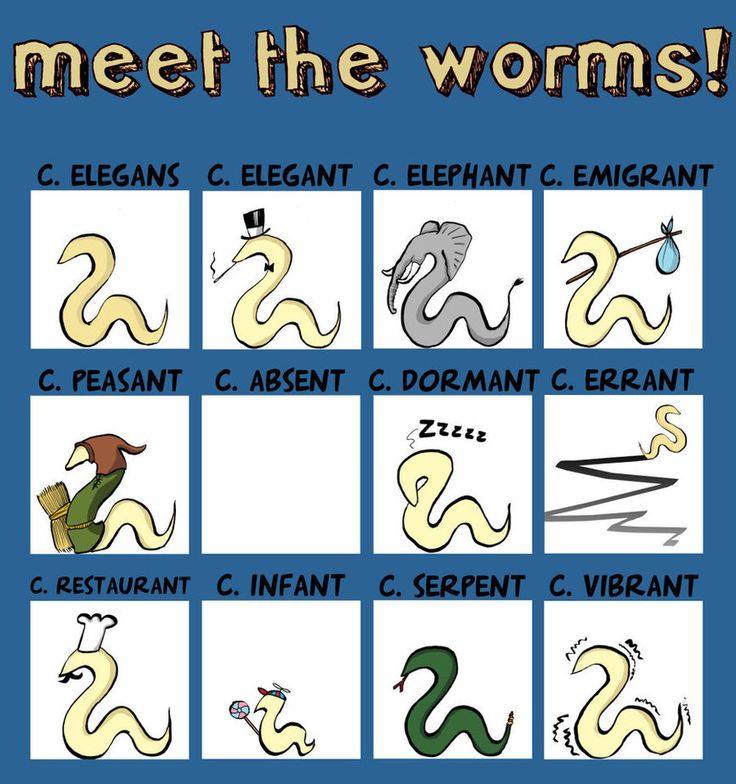
How to Help with Baby Foaming
You should keep calm as this is very normal and happens to many babies for reasons ranging from trivial to medium to rarely severe.
The reasons for which you should be concerned occur in association with other symptoms; hence, you should keep a watch for these symptoms and consult your physician in case you have any concern.
- If the symptom of foaming at mouth is due to improper digestion of food, then the condition will disappear gradually as the digestive system of your baby grows and improves.
- You may help your baby by feeding them small quantity of food at short intervals, giving them assistance and lots of time to burp and keeping them upright whenever it is possible. You can also pop them on their belly to help expel the intestinal gas.
- Do baby massage to help encourage your baby’s digestive system to move the food down and expel the air upwards and out. You can learn burping techniques, chest massage and back massage.
 Massage can also help to soothe and calm your baby and may also help to make an excellent bonding time between you and your baby.
Massage can also help to soothe and calm your baby and may also help to make an excellent bonding time between you and your baby.
Reflux | Pregnancy Birth and Baby
Reflux | Pregnancy Birth and Baby beginning of content3-minute read
Listen
Reflux is when your child brings the contents of their stomach back up into their food pipe or mouth. They may bring up small amounts of milk along with air when they are burped. Reflux, also called spitting up, posseting or regurgitation, is very common in newborns.
The medical term for reflux is gastro-oesophageal reflux, or GOR. If GOR is more serious or has complications it may lead to gastro-oesophageal reflux disease or GORD.
Reflux occurs because a muscle at the top of the stomach, called the sphincter, is loose.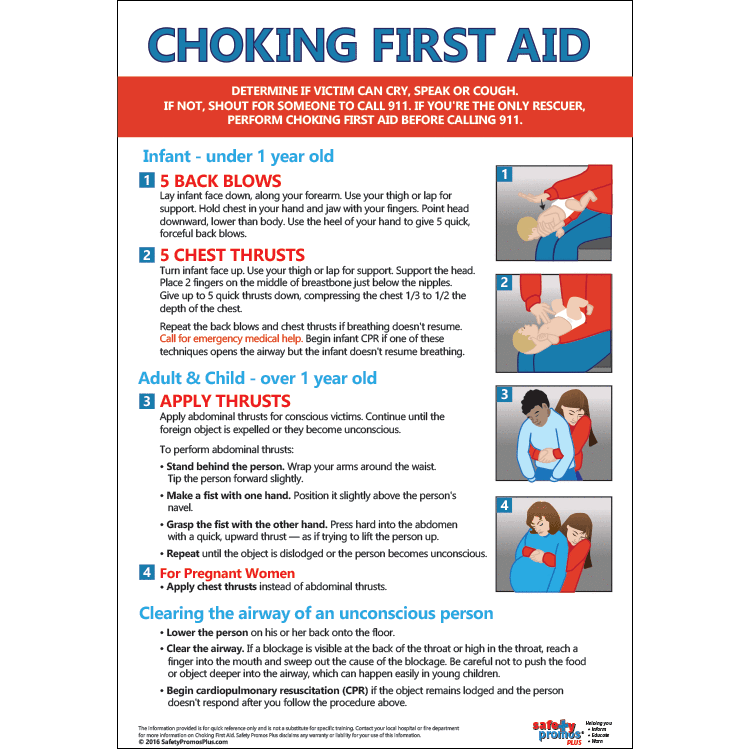 It can also be caused by air bubbles in the stomach or by eating too much food too quickly.
It can also be caused by air bubbles in the stomach or by eating too much food too quickly.
Spitting up may not cause discomfort and your baby may seem not notice.
Reflux is not the same as vomiting. Vomiting is forceful, is usually more than a tablespoon or 2, and upsets the baby. Vomiting can be a sign of illness.
Reflux is not the same as drooling and blowing bubbles, which is especially common once babies start teething.
Spitting up often peaks by 4 months of age and by 7 months many babies no longer do it, although for some it takes longer.
Tips for managing reflux
Here are some things you can do to minimise your baby’s reflux:
- Make each feed calm and relaxed.
- Hold your baby in an upright position, not lying down, while you feed them. Keep your baby upright for 30 minutes after feeding. An infant seat or car seat works well.
- Feed your baby smaller amounts at a time.
- Feed your baby without delay. If the baby has cried for a long time before a feed, they may have swallowed air.
 Spitting up is more likely if the baby has air in the stomach at the beginning of a feed.
Spitting up is more likely if the baby has air in the stomach at the beginning of a feed. - Check the size of the opening in the teat if you are bottle feeding. The bottle should leak several drops of milk per second. A hole that is too big will let the baby swallow formula too quickly and baby is likely to spit up the excess. A hole that is too small forces the baby to suck very hard and swallow air.
- Burp your baby several times during each feed. It works best to support the infant's head and burp them sitting on your lap. Burping your baby over your shoulder may put too much pressure on their stomach.
- If you are supervising your baby, you can place them on their tummy for an hour or so after the feed. Take care not to let baby sleep on their tummy because of the link with sudden unexpected death in infancy. Always place your baby on their back to sleep.
- Make sure nappies are not too tight and do not put pressure on the baby's stomach.
When to see the doctor about reflux
If your baby is otherwise healthy and happy and they are just bringing up milk, nothing needs to be done. Talk to your doctor or child health nurse if:
Talk to your doctor or child health nurse if:
- you have any other concerns
- your baby is not gaining weight
- there is a change in bowel movements or urination
- your baby shows signs of discomfort or pain.
Reflux and lactose intolerance - video
Video provided by Raising Children Network.
Sources:
Raising Children Network (Gastro-oesophageal reflux and GORD), Reflux Infant Support Association (Management tips - reflux), Sydney Children's Hospitals Network (Reflux)Learn more here about the development and quality assurance of healthdirect content.
Last reviewed: January 2021
Back To Top
Related pages
- Vomiting in children
- Vomiting in babies
Need more information?
Gastro-oesophageal reflux & GORD: babies | Raising Children Network
Gastro-oesophageal reflux is when your child brings stomach contents back up into his foodpipe or mouth.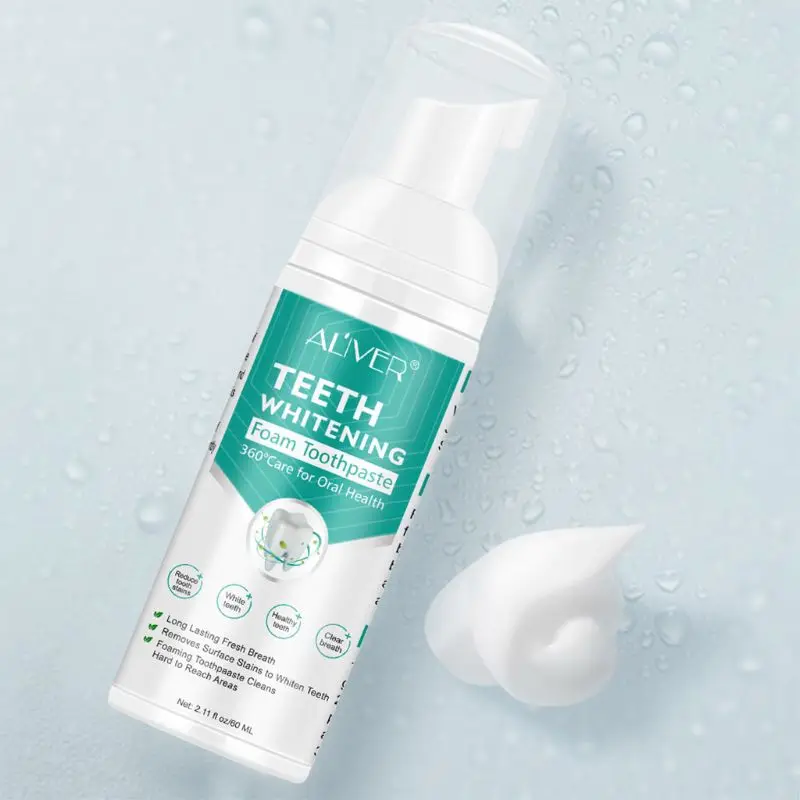 GORD is when reflux leads to complications.
GORD is when reflux leads to complications.
Read more on raisingchildren.net.au website
What is Reflux? - Reflux Infants Support Association Inc
What is Gastro-Oesophageal Reflux? 'Reflux' means to flow back; ‘gastro’ relates to the stomach;‘oesophageal’ relates to the oesophagus (food pipe).
Read more on Reflux Infants Support Association website
Kids reflux - the facts and the stats - Reflux Infants Support Association Inc
Presents a selection of interesting facts and statistics about paediatric reflux
Read more on Reflux Infants Support Association website
Reflux | Sydney Children's Hospitals Network
What is reflux? Gastro-oesophageal reflux (GOR) happens when stomach contents are brought back up into the oesophagus (the food pipe leading from the mouth to the stomach)
Read more on Sydney Children's Hospitals Network website
What is Silent Reflux? - Reflux Infants Support Association Inc
Caring for a baby or child who suffers from gastro-oesophageal reflux can be extremely stressful and you may find yourself on an emotional rollercoaster ride.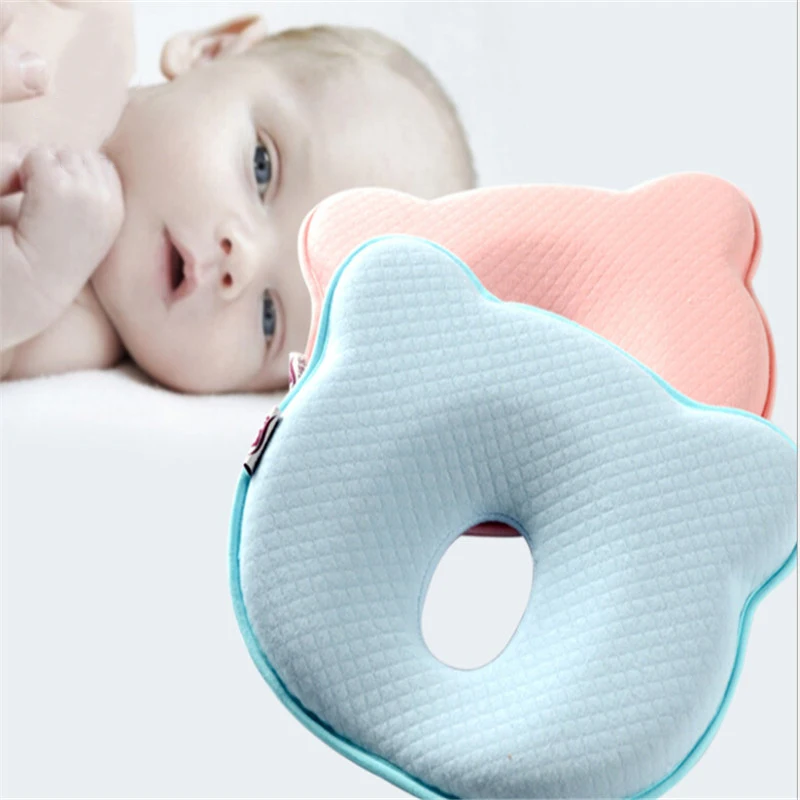 You may not realise your experience and emotions can be perfectly normal for your situation but this is where the Reflux Infants Support Association (RISA) Inc can help.
You may not realise your experience and emotions can be perfectly normal for your situation but this is where the Reflux Infants Support Association (RISA) Inc can help.
Read more on Reflux Infants Support Association website
How Reflux presents - Reflux Infants Support Association Inc
Caring for a baby or child who suffers from gastro-oesophageal reflux can be extremely stressful and you may find yourself on an emotional rollercoaster ride. You may not realise your experience and emotions can be perfectly normal for your situation but this is where the Reflux Infants Support Association (RISA) Inc can help.
Read more on Reflux Infants Support Association website
Reflux Reality: A Guide for Families - Reflux Infants Support Association Inc
Caring for a baby or child who suffers from gastro-oesophageal reflux can be extremely stressful and you may find yourself on an emotional rollercoaster ride. You may not realise your experience and emotions can be perfectly normal for your situation but this is where the Reflux Infants Support Association (RISA) Inc can help.
You may not realise your experience and emotions can be perfectly normal for your situation but this is where the Reflux Infants Support Association (RISA) Inc can help.
Read more on Reflux Infants Support Association website
Baby food reactions, allergies and reflux | Raising Children Network
Most babies spit up some breastmilk or formula. This is often called reflux. Sometimes this can be a sign of food reactions or food allergies or intolerance.
Read more on raisingchildren.net.au website
My Baby Has Reflux | Red Nose Australia
Read more on Red Nose website
Reflux: Sleeping Position for Babies with Gastro-Oesophageal Reflux (GOR) | Red Nose Australia
Read more on Red Nose website
Disclaimer
Pregnancy, Birth and Baby is not responsible for the content and advertising on the external website you are now entering.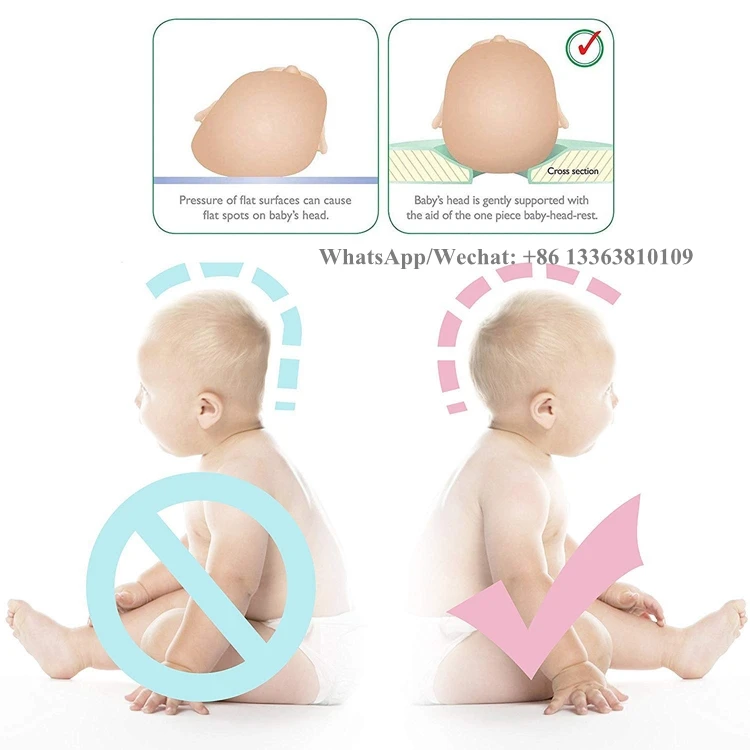
Need further advice or guidance from our maternal child health nurses?
1800 882 436
Video call
- Contact us
- About us
- A-Z topics
- Symptom Checker
- Service Finder
- Linking to us
- Information partners
- Terms of use
- Privacy
Pregnancy, Birth and Baby is funded by the Australian Government and operated by Healthdirect Australia.
Pregnancy, Birth and Baby is provided on behalf of the Department of Health
Pregnancy, Birth and Baby’s information and advice are developed and managed within a rigorous clinical governance framework. This website is certified by the Health On The Net (HON) foundation, the standard for trustworthy health information.
This site is protected by reCAPTCHA and the Google Privacy Policy and Terms of Service apply.
This information is for your general information and use only and is not intended to be used as medical advice and should not be used to diagnose, treat, cure or prevent any medical condition, nor should it be used for therapeutic purposes.
The information is not a substitute for independent professional advice and should not be used as an alternative to professional health care. If you have a particular medical problem, please consult a healthcare professional.
Except as permitted under the Copyright Act 1968, this publication or any part of it may not be reproduced, altered, adapted, stored and/or distributed in any form or by any means without the prior written permission of Healthdirect Australia.
Support this browser is being discontinued for Pregnancy, Birth and Baby
Support for this browser is being discontinued for this site
- Internet Explorer 11 and lower
We currently support Microsoft Edge, Chrome, Firefox and Safari. For more information, please visit the links below:
For more information, please visit the links below:
- Chrome by Google
- Firefox by Mozilla
- Microsoft Edge
- Safari by Apple
You are welcome to continue browsing this site with this browser. Some features, tools or interaction may not work correctly.
Epilepsy in children
Epilepsy is a chronic disease of the central nervous system that occurs due to excessive electrical activity in the brain and is expressed in convulsive and non-convulsive seizures, loss of consciousness, impaired sensory, motor, mental functions of the body and other manifestations epileptic seizure.
Epilepsy is most common in childhood and its manifestations and causes differ significantly from those in adults. For example, not all convulsions and seizures in children are associated with epilepsy and need to be treated with antiepileptic drugs. Often epilepsy is accompanied by other diseases and pathologies associated with hereditary diseases in children, metabolic disorders, chromosomal, neurological diseases, etc.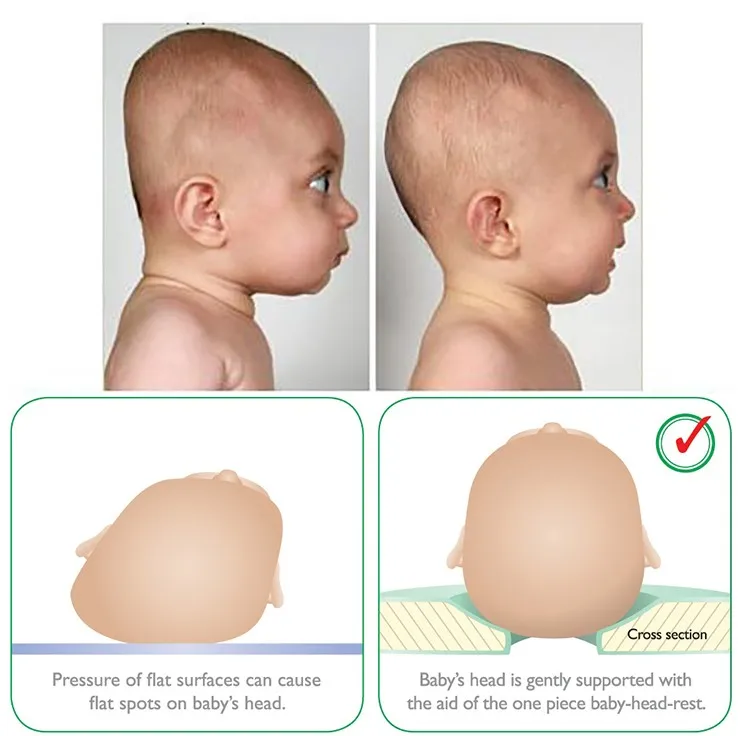 nine0005
nine0005
Causes of epilepsy in children:
- complicated pregnancy, hypoxia, birth trauma, etc.;
- intrauterine infections of the nervous system, brain;
- the presence of epilepsy in parents or close relatives;
- viral infectious diseases (encephalitis, meningitis, etc.), colds accompanied by very high fever;
- chromosomal diseases;
- tumors, cysts of the brain; nine0012
- brain injury.
The most common types of epilepsy in children are primary and secondary forms of the disease.
- The primary form of epilepsy may occur spontaneously in a child, regardless of provoking factors, and until the causes of such attacks are clearly established in medicine;
- Secondary epilepsy in children may occur due to brain injury, infections, tumors, etc. nine0012
First of all, parents should notice alarming symptoms and manifestations of the disease in a child.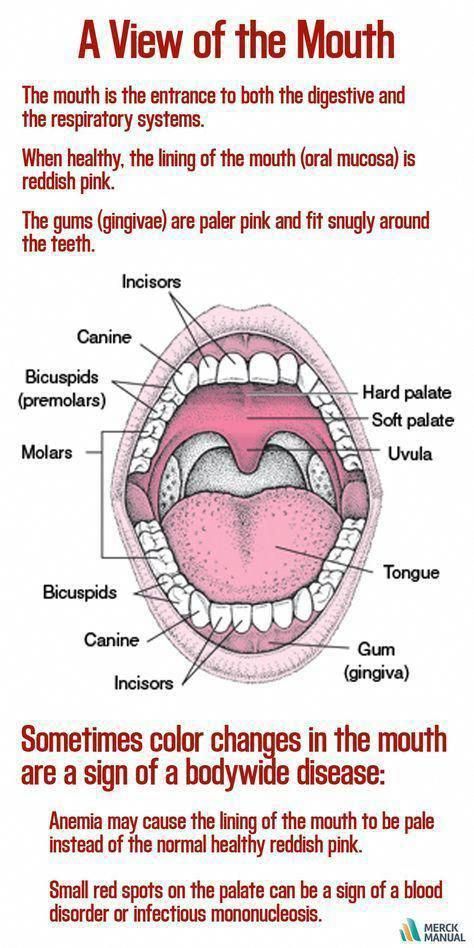
Main symptoms of epilepsy in children:
- short-term loss of consciousness;
- high temperature;
- convulsions lasting 1 to 20 minutes;
- temporary cessation of breathing;
- severe muscle tension;
- bluing of the skin;
- foam at the mouth. nine0025
- Pionerskaya
- Specific
- Komendantskiy
- Avtovo
- Veterans Avenue
- Leninsky Prospekt nine0025
- Devyatkino
- Civil Avenue
- Academic
- Forum
- Archive
- Children's health
If your child has these signs, you should contact a pediatric specialist who will make an accurate diagnosis and prescribe treatment. Some forms of epilepsy, despite the frightening symptoms and manifestations, are successfully treated, and the sooner the disease is detected, the more likely it is that the disease will pass without leaving serious consequences. With many types of epilepsy, the child can attend regular preschool and school facilities and lead a normal life with some restrictions on sports activities. nine0005
In addition to the typical form of epilepsy, children can be diagnosed with absence epilepsy (minor epilepsy), which is not always noticeable to others.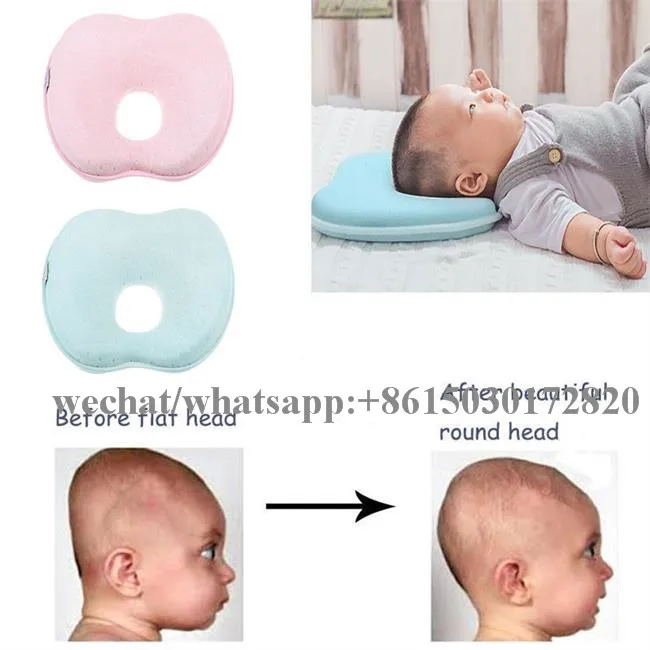 Most often, it occurs at the age of 5-7 years, mainly in girls and is expressed in a sudden fading of the child, a temporary lack of reaction to actions around, a gaze at one point. At the same time, convulsions and fainting are not observed, but when the child comes to himself, he does not remember what happened. Absence epilepsy may resolve by adolescence, but may develop into other forms of the disease. nine0005
Most often, it occurs at the age of 5-7 years, mainly in girls and is expressed in a sudden fading of the child, a temporary lack of reaction to actions around, a gaze at one point. At the same time, convulsions and fainting are not observed, but when the child comes to himself, he does not remember what happened. Absence epilepsy may resolve by adolescence, but may develop into other forms of the disease. nine0005
Diagnosis of epilepsy in a child can be made by a child psychiatrist or neurologist by general symptoms, as well as by EEG, MRI , CT , allowing to determine the form and type of epilepsy. After confirming the diagnosis, the pediatric specialist will prescribe treatment and give recommendations to parents on caring for and assisting the child during seizures.
Treatment of epilepsy in children, as a rule, is carried out with medication, neurosurgical and psychotherapeutic methods, depending on the age of the child, his individual characteristics, the form and severity of epilepsy.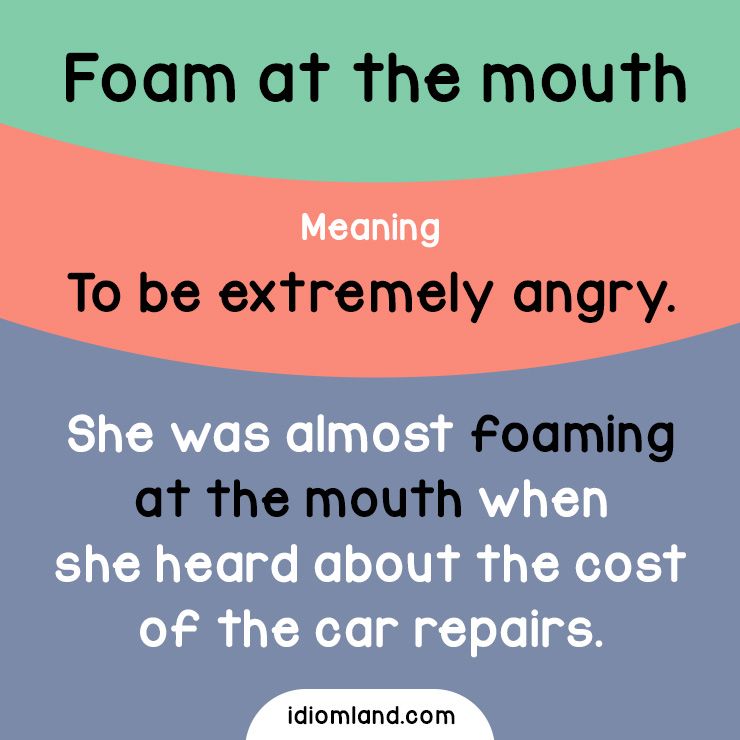 nine0005
nine0005
At the Medical Center "Medicentr" in the Department of Pediatrics, qualified child psychiatrists and neurologists receive appointments with many years of experience working with children of all ages and in their practice they encounter the most difficult cases and severe mental and neurological diseases in children.
Our clinics in St. Petersburg
Structural subdivision
Polikarpova
Alley Polikarpova 6k2
Primorsky district nine0005
Structural subdivision
Zhukov
Prospekt Marshala Zhukov 28k2
Kirovsky district
Structural subdivision
Devyatkino
Okhtinskaya alley 18
Vsevolozhsk district
You can get detailed information and make an appointment by calling +7 (812) 640-55-25 nine0005
Make an appointment
Urgent! Foam from the mouth!
We were driving from the countryside.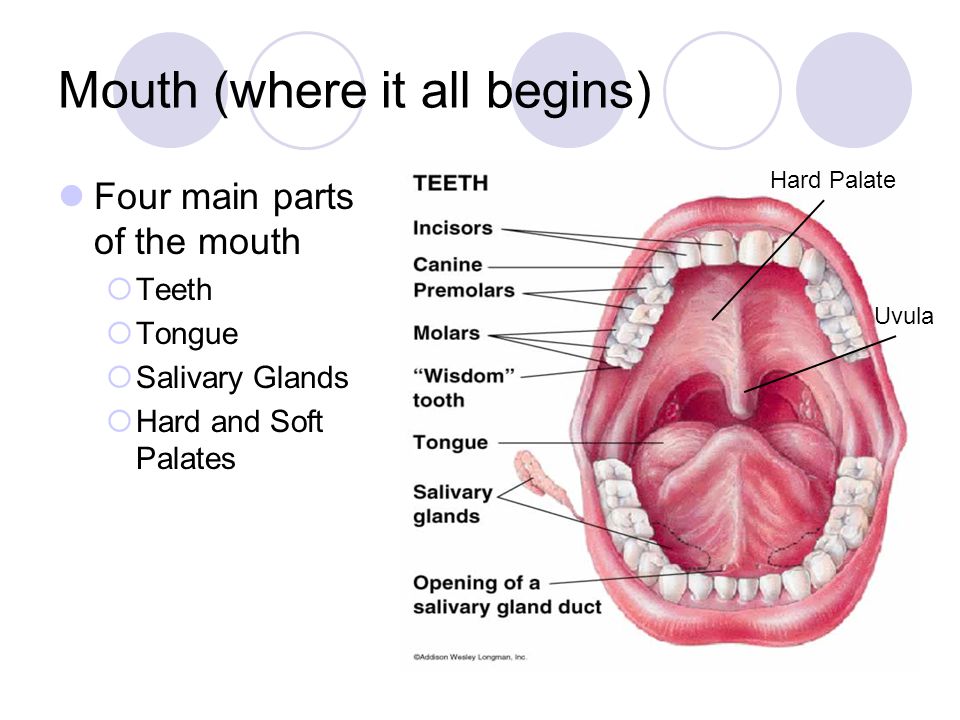 The child fell asleep with a pacifier in his mouth. Spit out. Then I turn around - and he has a lot of saliva around his mouth, and like a little foamy saliva on his lips. At the same time, there were no sounds from behind, between my two turns it was good if a minute or two had passed, my breathing was even, my arms and legs were relaxed, I was completely asleep. nine0139 My husband immediately started talking about epilepsy. And something else can be? A week ago, the child had an acute respiratory viral infection, he generally has adenoids of the 2nd degree, sniffs in his sleep, snores.
The child fell asleep with a pacifier in his mouth. Spit out. Then I turn around - and he has a lot of saliva around his mouth, and like a little foamy saliva on his lips. At the same time, there were no sounds from behind, between my two turns it was good if a minute or two had passed, my breathing was even, my arms and legs were relaxed, I was completely asleep. nine0139 My husband immediately started talking about epilepsy. And something else can be? A week ago, the child had an acute respiratory viral infection, he generally has adenoids of the 2nd degree, sniffs in his sleep, snores.
Please calm down!!!!!!!!!!!!!!!!!!!!!!!!! I drink valerian.
My version is saliva
I will add. I saw epilepsy attacks, it's not to be confused with anything
Thank you!!! I also think - I sucked with a nipple, my head was thrown back, it was hard to swallow, there were still some remnants of SARS, snot, so I gave it out. I’ve been training now, I can also pump such foam, really.![]() volume will be smaller. My husband is driving me crazy. Every time the child coughs, he thinks he has pneumonia. nine0005
volume will be smaller. My husband is driving me crazy. Every time the child coughs, he thinks he has pneumonia. nine0005
My children (three) can already produce such foam without training, it all started with an oxygen cocktail in the garden, my son said that they give sweet saliva to drink. I then also trained, I can! My husband has glycine 3 times a day under the tongue. My mother-in-law is like that, the last time she woke me up two weeks ago, like her daughter is not breathing, but she just stopped snoring.
Excuse me, but have you seen all the attacks of epilepsy? I think it's just one type of seizure (tonic-clonic).
Just watch the baby for a month. If you pay attention to this, be sure to watch it. If you're really worried, see a neurologist.
Saliva is not an indicator.
One Epilepsy, fortunately, I did not have to study. Is salivation in sleep a sign of epilepsy?
THANKS FOR YOUR ANSWER! THE FACT IS THAT I KNOW A VERY MUCH ABOUT EPILEPSY - it just so happened.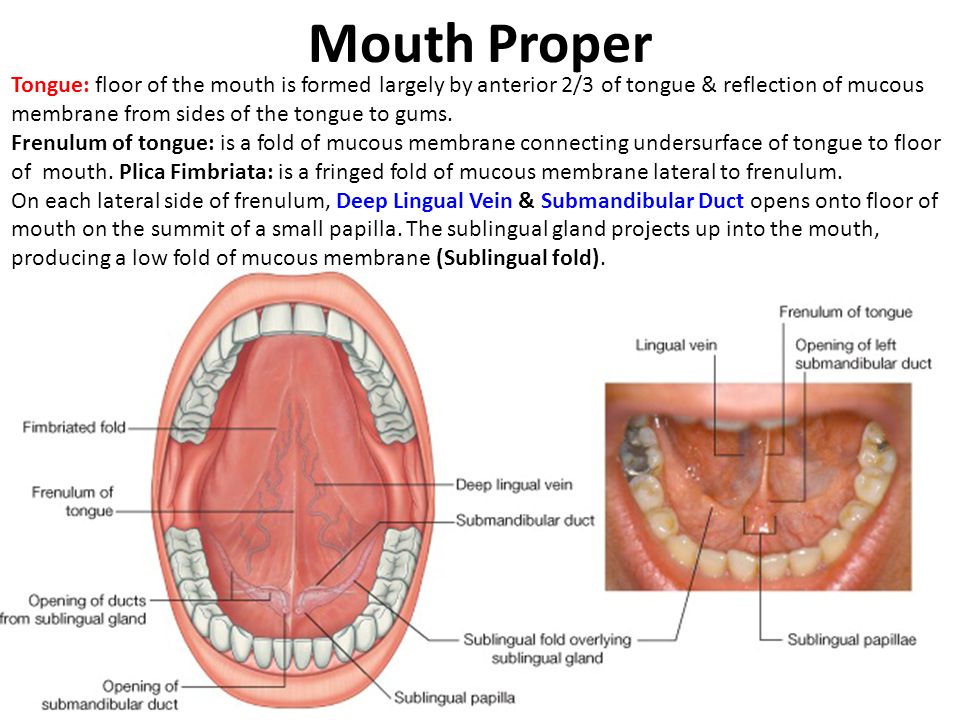 But it's just foam - it can't be anything. And if there were convulsions, would we hear? maybe? the child was dressed in a rustling jumpsuit. nine0005
But it's just foam - it can't be anything. And if there were convulsions, would we hear? maybe? the child was dressed in a rustling jumpsuit. nine0005
why only epilepsy? Then let's check for everything that can cause foam from the mouth - poisoning, pulmonary edema, and then with all the stops. The main external manifestations of epilepsy are loss of consciousness and convulsions, not drooling
I don't know why you immediately thought about epilepsy. Maybe because of the teeth saliva? The more he slept. When I sleep sweetly and soundly or have some kind of dream, sometimes I myself wake up with saliva on the pillow.
It's not me, it's my husband(((But I'm just nervous. There are personal reasons. I thought it was because of the adenoids and the nipple, I was just in such a shock that I was looking for other possible reasons. And then, the child has light neurology, so I'm vigilant. Quite different neurology. We'll go to the neurologist at the end of January.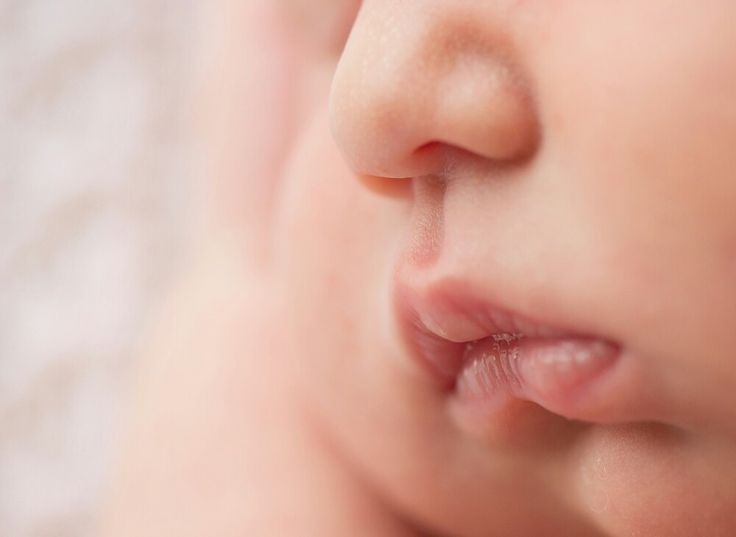
That's what I wanted to hear!!!
Well, mother must have seen the baby drooling, but this time she didn't like something. Otherwise, I wouldn't be so worried. External manifestations of epilepsy can be almost invisible. And loss of consciousness with convulsions is completely optional.
Can you be more specific? Just epilepsy - my scarecrow, on the part of her husband is not the best heredity. How then to define it? What should alert loved ones? What are the signs? How is silent epilepsy expressed? nine0005
Maybe.
http://www.youtube.com/watch?v=kUuJgG8Oau8
For example, an absence. At first glance, it is almost imperceptible.
Do an EEG and calm down. The signs of epi are so different that the first time you can not understand what it was + there are just paroxysmal phenomena of a non-epileptic nature. Well, the signs are: frequent, obsessive movements, for example, in a dream, he moves his jaw as if swallowing and a lot of saliva, twitches his hand, his eye twitches a lot.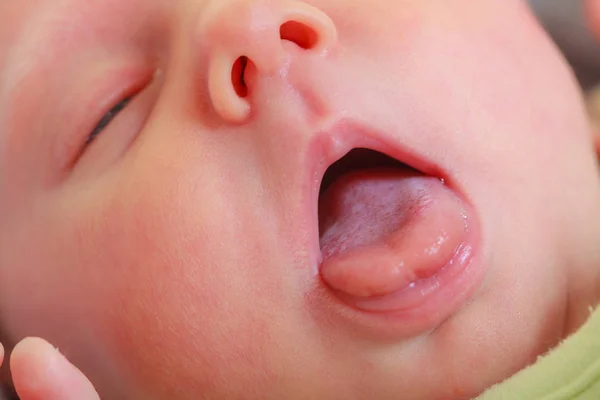 For example: he sits and draws and, as it were, went into himself, does not hear anything, but he leads the line as he led, and then once he came to himself. Or here he stumbled and went further, and so periodically. Or the child simply froze, and when he came to himself he does not remember what he was told. Everything that I wrote above can be attributed to epileptic seizures. And there is the usual one that everyone is used to: cramps and foam from the mouth. So it's very diverse. All these symptoms must necessarily repeat periodically, this is what it is characteristic of, and there are paroxysmal phenomena of a non-epileptic nature, which are also very similar to epileptic. I'm here to what, it is necessary to do an EEG and find out everything, and not think what it could be. nine0005
For example: he sits and draws and, as it were, went into himself, does not hear anything, but he leads the line as he led, and then once he came to himself. Or here he stumbled and went further, and so periodically. Or the child simply froze, and when he came to himself he does not remember what he was told. Everything that I wrote above can be attributed to epileptic seizures. And there is the usual one that everyone is used to: cramps and foam from the mouth. So it's very diverse. All these symptoms must necessarily repeat periodically, this is what it is characteristic of, and there are paroxysmal phenomena of a non-epileptic nature, which are also very similar to epileptic. I'm here to what, it is necessary to do an EEG and find out everything, and not think what it could be. nine0005
The husband has a bad heredity in this regard, so he is very nervous, EEG has already been done to the child several times, both in wakefulness and in sleep, with provocations, etc. They just didn't do it at night.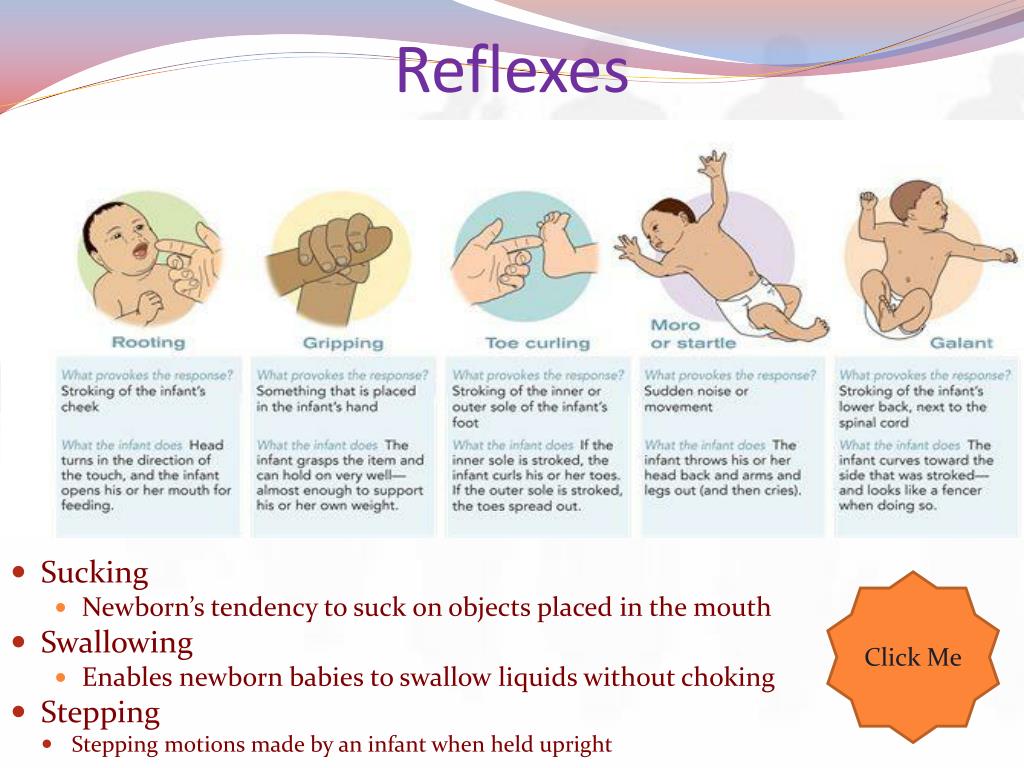 Everything is fine, there are deviations, but not epi-character, they write exactly paroxysmal non-epi characters, as you said. It’s just that my husband is really imagining things, the child jerked his hand, my husband seems to have convulsions (((and it winds me up. We plan to go to a neurologist at the end of January, but my husband is freaking out. And he has no developmental disabilities. And it’s very hard for me to live in such a atmosphere, how much more EEG is needed for the husband to calm down? Now he wants to go to another doctor, the child has not fully recovered yet, it’s also unhealthy for the psyche to have such constant studies. Or am I wrong, and the husband is right?
Everything is fine, there are deviations, but not epi-character, they write exactly paroxysmal non-epi characters, as you said. It’s just that my husband is really imagining things, the child jerked his hand, my husband seems to have convulsions (((and it winds me up. We plan to go to a neurologist at the end of January, but my husband is freaking out. And he has no developmental disabilities. And it’s very hard for me to live in such a atmosphere, how much more EEG is needed for the husband to calm down? Now he wants to go to another doctor, the child has not fully recovered yet, it’s also unhealthy for the psyche to have such constant studies. Or am I wrong, and the husband is right?
EEG may show nothing at all, unfortunately.
Why do you do an EEG at all? Is there something wrong with the child?
My husband should be treated for obsessive thoughts. You have gone through so many examinations and found nothing TTT that's good. I know that they do an EEG on Pozharsky and the neurologists there are good. And I also know that there are no healthy people, there are poorly examined ones. So, if you search, you can find. I think that everyone has paroxysms. You just have to watch, drooling may be due to the fact that the teeth are climbing or because of something else. In healthy people, drooling can also flow out in a dream, but no one panics and does not immediately run to a neurologist. nine0005
And I also know that there are no healthy people, there are poorly examined ones. So, if you search, you can find. I think that everyone has paroxysms. You just have to watch, drooling may be due to the fact that the teeth are climbing or because of something else. In healthy people, drooling can also flow out in a dream, but no one panics and does not immediately run to a neurologist. nine0005
I think he's all right. My husband and I have already read so much about epi that he sees its signs in everything. The child develops well, speaks well. Well, that is, in terms of mental and physical development, everything is wonderful. Emotionally excitable, but I consider this a character, especially since he calms down easily, he is not prone to protracted tantrums and unreasonable ones. At first it seemed to my husband that during the crying the child had convulsive movements, although I immediately said that it was just crying, epileptologists confirmed this that this was just crying. Well, I say, if a child pulls his hand in a dream, it seems to her husband that this is IT.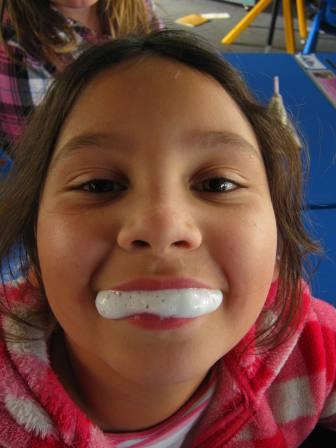 nine0005
nine0005
But I'm wondering if there are people who live their whole lives with epi, and nothing? That is, I have strong nervous tics during times of stress, sometimes the eye twitches, sometimes the side of the face, tics since childhood. After all, according to your description, this can also be epi? And the husband in a dream shakes one leg. That is, if this is epi, then sooner or later it will manifest itself poorly, or will it be limited to tics all its life?
Well, I wrote - there are slight deviations in the EEG, but NOT epileptic x-ra.
You are being driven. Of course, it is good to keep everything under control. You are great for doing this. If you wish, I can send you our story in a private message. We had convulsions many times, different (at T), we either get an epi, then they cancel it. In general, no one can understand what is happening to us. believe me, they bypassed a lot of super-duper professors.
I don’t know about tics, but you yourself wrote that stress means stress and you need to treat it, not epi.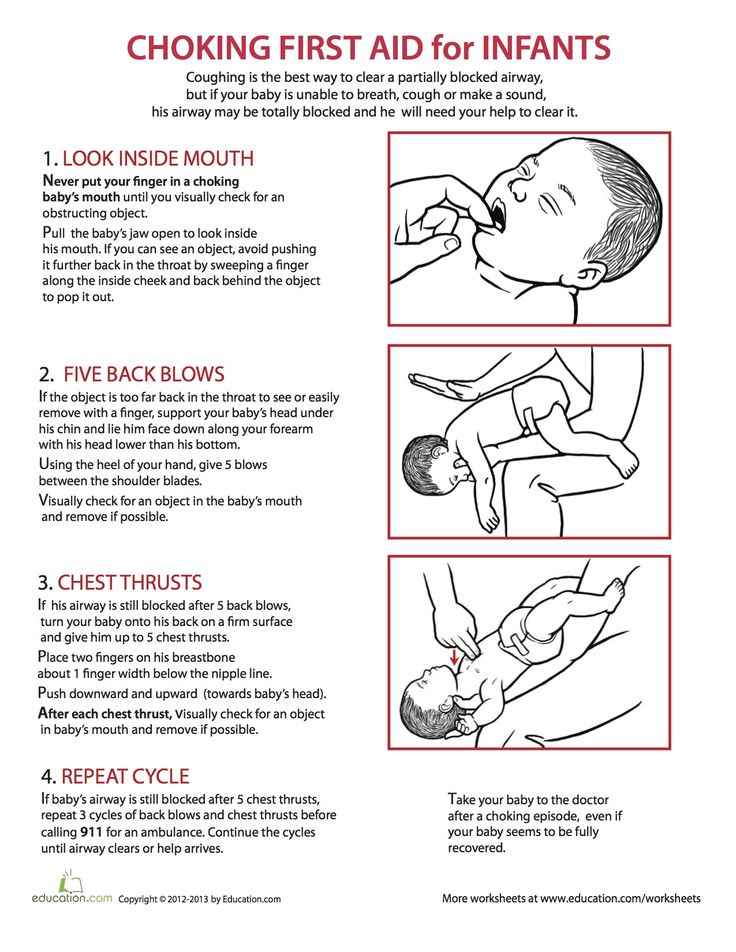 You know, when I get tired, it twitches under my eye and I didn’t even think about epi. steps. And the fact that the husband is shaking his foot - this can be attributed to paroxysmal phenomena of a non-epileptic nature. You see, when a person grows up to epileptic seizures, they would become more frequent, if they were not treated, they would manifest themselves more and more often, and everything would be different there. There are also those who have epi activity on the EEG, but the seizures do not appear. You see, a convulsive attack can occur from fatigue (like epilepsy, with foam and convulsions), but this will not be epilepsy, but if this is constantly repeated, then epilepsy. In short, the brain suffers after you know, when I get tired, it twitches under my eye and I didn’t even think about the epi. steps. nine0005
You know, when I get tired, it twitches under my eye and I didn’t even think about epi. steps. And the fact that the husband is shaking his foot - this can be attributed to paroxysmal phenomena of a non-epileptic nature. You see, when a person grows up to epileptic seizures, they would become more frequent, if they were not treated, they would manifest themselves more and more often, and everything would be different there. There are also those who have epi activity on the EEG, but the seizures do not appear. You see, a convulsive attack can occur from fatigue (like epilepsy, with foam and convulsions), but this will not be epilepsy, but if this is constantly repeated, then epilepsy. In short, the brain suffers after you know, when I get tired, it twitches under my eye and I didn’t even think about the epi. steps. nine0005
You know, I just remembered one old grandmother who had epi, and so she gave birth to 3 children, in her youth she was a great party girl, she lived to a ripe old age, now she is 87 years old, in my opinion, if not more.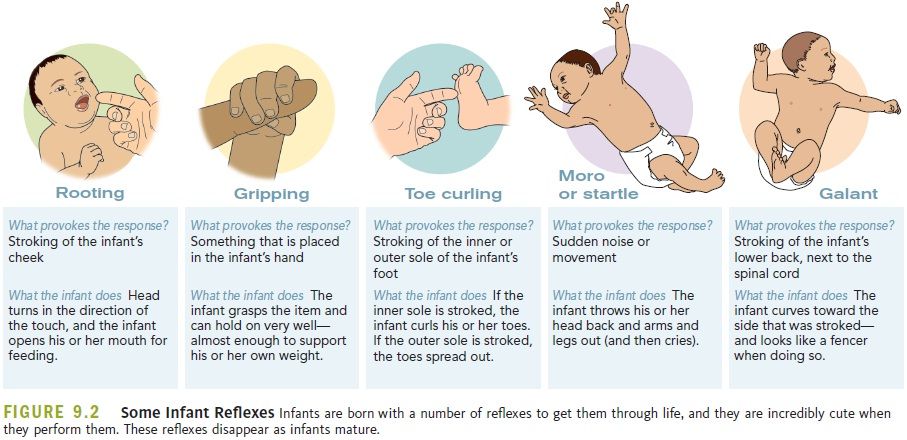 She is so smart, loves intrigue. That's it! So it happens that when epi people live and nothing!
She is so smart, loves intrigue. That's it! So it happens that when epi people live and nothing!
how many times have you been in the car, the child fell asleep and saliva always flowed out from under the nipple, well, children swallow saliva badly in a dream, and even sitting in a chair. And it’s time for your husband to visit us on the forum - in general, he will find all diseases at first, but then he will get a grasp and understand that everything is not so scary in this life, and not everything that is a “symptom” is exactly that disease. nine0005
not external manifestations can be imperceptible, but it is confirmed on the EEG, and seizures may not be observed at all, and vice versa - the EEG is clear, but there are seizures. Episyndrome - Vesch Collective It's like cancer - one name for a number of diverse neoplasms, etc. So, it is customary to call the main external manifestations of an attack - convulsions and loss of consciousness.
I didn't see any problem at all.